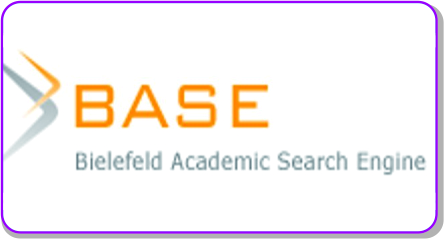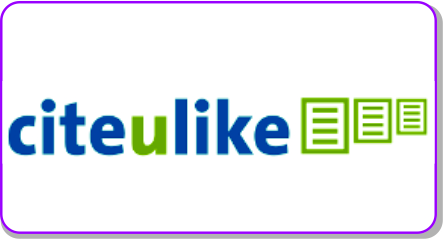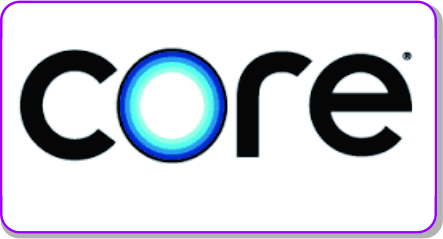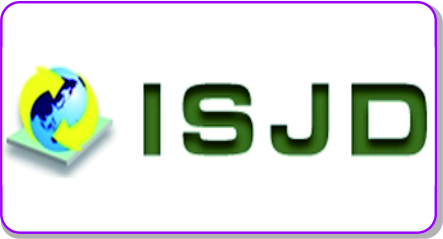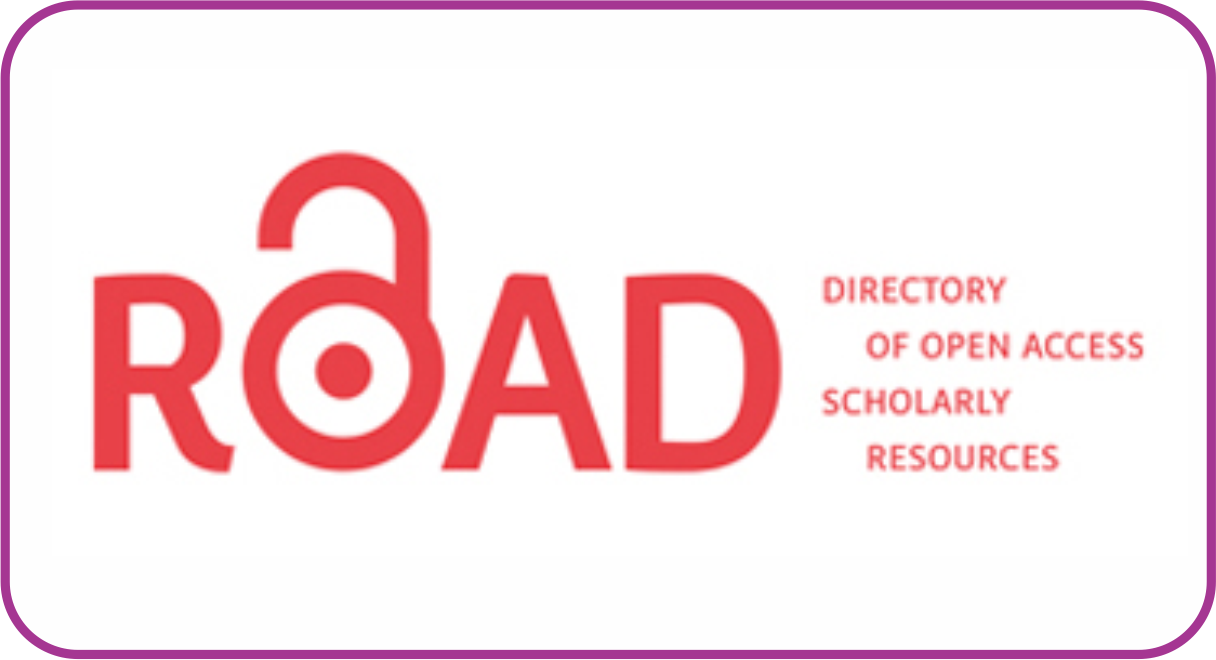A Survey of the Character of Bung Hatta University Based on its Islamic Education Learning Program in the Digital Age
DOI:
https://doi.org/10.30983/educative.v7i2.5789Keywords:
PAI Learning, Character-Based, Bung Hatta, Digital AgeAbstract
Education throughout its history has always been intended as a vehicle to prepare the regeneration of students, so that they can carry out their life in a wise and fulfilling way. The demoralization and dehumanization that occurs in student life is attributed, among other things, to lack of honesty, distrust, lack of sense of responsibility, lack of discipline, and lack of self-integrity. This study aims to describe the PAI (Pendidikan Agama Islam - Islamic Education) learning process in the PPKn (Pendidikan Pancasila dan Kewarganegaraan - Pancasila and Civics Education) Study Program at the Bung Hatta University. This study uses a qualitative case study approach. The research subjects are PAI lecturers, Kebunghataan (Bung Hatta inspired ideals) lecturers and all of the students in the PPKn study program. Techniques of data collection used include observation, interviews and documentation studies. Data analysis includes data collection, data reduction, data presentation, and drawing conclusions. The results of the study showed that the PAI learning process in the PPKn Study Program at Bung Hatta University was carried out by referring to the curriculum that applies at Bung Hatta University and the study program. In writing, it has not been integrated with the idea of Kebunghataan. The implications of the above is that students who graduate from this program embody the qualities of Bung Hatta University’s ideals, namely, politeness, honesty, thrifty, and dignity.References
Books
Rachmawati, Tutik, ‘Metode Pengumpulan Data Dalam Penelitian Kualitatif’, UNPAR Press, 1, 2017, 1–29
Semarang, Universitas Diponegoro, Universitas Sarjanawiyata, and Tamansiswa Yogyakarta, ‘Pemikiran Mohammad Hatta Tentang Pendidikan Islam Modern Ilham Nur Utomo, 1 Dwi Wijayanti 2 2 1’, 31 (2020), 269–82
Zed, Mestiak. (2011). Cara Baik Bung Hatta. UNP Press. Padang.
Journals
Adya, Koko, I Solihin, Uus Ruswandi, Mohamad Erihadiana, and Buana, ‘Moderasi Islam Dalam Pembelajaran PAI Melalui Model Pembelajaran Konstekstual Universitas Islam Negeri Sunan Gunung Djati Bandung, Solihin@gmail.Com, Dinamika Dunia Islam Senantiasa Disuguhi Dengan Berbagai Macam Realitas Moderasi Islam Adalah Sebuah Pa’, Ciencias , Jurnal Pengembangan Pendidikan, 3.2 (2020), 82–92
Aly, Ahmad, Syukron Aziz, and Al Mubarok, ‘Metode Keteladanan Dalam Pendidikan Islam Terhadap Anak Di Pondok Pesantren Pendidikan Islam Pada Dasarnya Merupakan Upaya Pembinaan Dan Pengembangan Potensi Manusia , Agar Tujuan Kehadirannya Di Dunia Ini Sebagai Hamba Allah Dan Sekaligus Tugas Khalifah ’, 12.2 (2019), 306–21
Effendi, Heri, ‘Muslim Heri Effendi’, 2020, 1–14 Effendi, Heri, Siti Aisyah, Muspardi, and Muslim, ‘Analisis Kebutuhan Pengembangan Buku Ajar Dalam Model Pembelajaran Sejarah Islam Berbasis Kebhinnekaan (PSI-BK) Sebagai Daya Tangkal Radikalisme Di Perguruan Tinggi’, Jurnal Education and Development Institut, 8.3 (2020), 330–34
Fuady, Ahmad Syauqi, ‘Ahmad Syauqi Fuady’, 7.1, 1–11, ‘Relevansi Pemikiran PendidikanMohammad Hatta Terhadap Pendidikan Islam Di Indonesia’, Uhamka: Jurnal Pendidikan Agama Islam, Volume 11.2 (2020), 101–18
Hastuti, Hera, Zafri Zafri, and Iqrima Basri, ‘Literasi Literasi Sejarah Sebagai Upaya Penanaman Karakter Bagi Anak’, Diakronika, 19.2 (2019), 153 <https://doi.org/10.24036/diakronika/vol19-iss2/124>
Khobir, Abdul, ‘Edukasia Islamika’, Edukasia Islamika, 2.2 (2017), 172–90
Mansyur, Abd Rahim, ‘Dampak COVID-19 Terhadap Dinamika Pembelajaran Di Indonesia’, Education and Learning Journal, 1.2 (2020), 113 <https://doi.org/10.33096/eljour.v1i2.55>
Muhaemin, ‘Edukasia Islamika’, Edukasia Islamika, 2.2 (2017), 172–90
Nata Abuddin, ‘Revitalisasi Pendidikan Karakter Untuk Mencetak Generasi Unggul’, Didaktika Religia, 1.1 (2013) <https://jurnal.iainkediri.ac.id/index.php/didaktika/article/view/114>
Ni’mawati, Ni’mawati, Uus Ruswandi, and Bambang Samsul Arifin, ‘Implementasi Pembelajaran Pendidikan Agama Islam Di Universitas Islam Bandung’, Al-Mubin; Islamic Scientific Journal, 4.2 (2021), 1–9 <https://doi.org/10.51192/almubin.v4i2.131>
Saepudin, Juju, ‘Model Pembelajaran Dalam Perspektif Ibnu Khaldun: Resepsi Terhadap Kitab Muqaddimah’, EDUKASI: Jurnal Penelitian Pendidikan Agama Dan Keagamaan, 13.2 (2015), 222–38 <https://doi.org/10.32729/edukasi.v13i2.240>
Yusanto, Yoki, ‘Ragam Pendekatan Penelitian Kualitatif’, Journal of Scientific Communication (Jsc), 1.1 (2020), 1–13 <https://doi.org/10.31506/jsc.v1i1.7764>
Online References
Patel, 2019, 9–25
Penyusun, Tim, ‘UNIVERSITAS BUNG HATTA TAHUN 2018 - 2022’, 2022
Interviews
Wawancara dengan Tambrin, S.Ag., M. Pd Dosen Pendidikan Agma Islam Universitas Bung Hatta tangal 12 Juni 2022
Wawancara dengan Dr. Desmal Fajri, M.Ag Dosen Pendidikan Agama Islam Tanggal 13 Juni 2022.7.14
Wawancara dengan Dr.M.Sayuti Dt. Rajo Dosen Kebunghataan Tanggal 15 Juni 2022.7.14
Wawancara dengan Yempita Effendi, M.Si Dosen Kebunghataan Tanggal 15 Juni 2022
Downloads
Additional Files
Submitted
Accepted
Published
Issue
Section
License
Authors who publish with this journal agree to the following terms:
1. Authors retain copyright and grant the journal right of first publication with the work simultaneously licensed under a Creative Commons Attribution License that allows others to share the work with an acknowledgment of the work's authorship and initial publication in this journal.
2. Authors are able to enter into separate, additional contractual arrangements for the non-exclusive distribution of the journal's published version of the work (e.g., post it to an institutional repository or publish it in a book), with an acknowledgment of its initial publication in this journal.
3. Authors are permitted and encouraged to post their work online (e.g., in institutional repositories or on their website) prior to and during the submission process, as it can lead to productive exchanges, as well as earlier and greater citation of published work (See The Effect of Open Access).

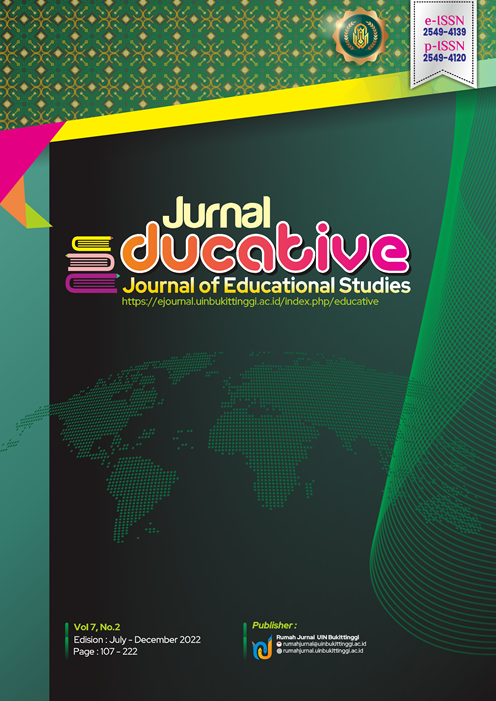



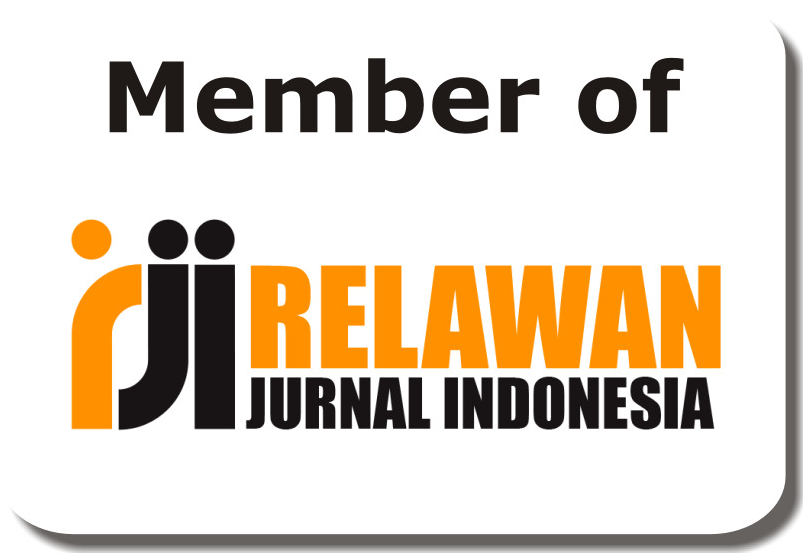


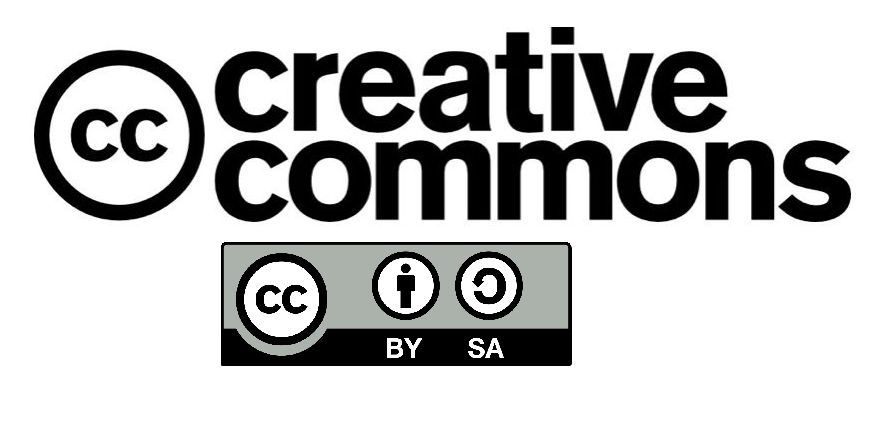


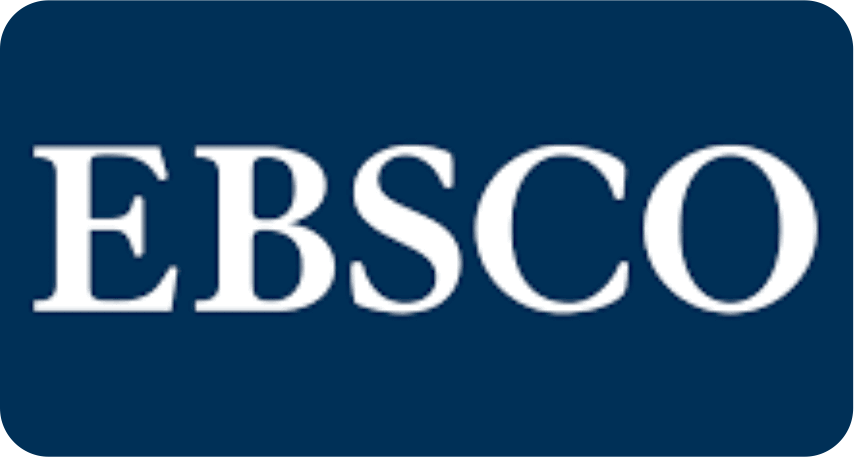






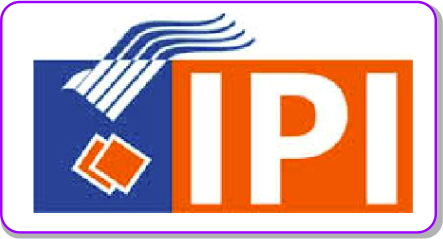 Â
 
